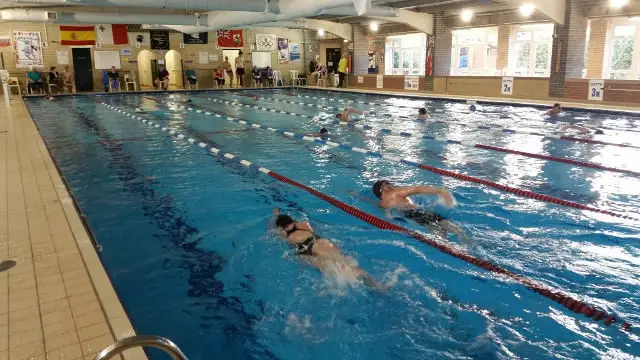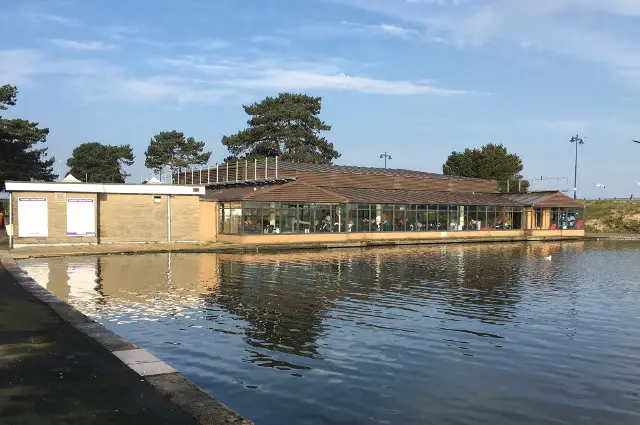Following OnTheWight’s article earlier this week about scrutiny of public health funding for community sports facilities, this release below is issued jointly by Keith Gentleman from Waterside Community Trust and Gill Kennett, Chair of West Wight Sports & Community Centre. Ed
There is an ongoing examination of the manner in which Isle of Wight Council officers ring-fence the annual Public Health England grant and use it exclusively to subsidise council-run leisure facilities.
This diligent examination is being spearheaded by Cllr Michael Lilley via Scrutiny Committee. He has uncovered this anomaly and is now trying to establish a ‘level playing field’ for local Island charities providing a similar service to their communities.
IWC receives substantial funding
For a considerable number of years Public Health England has given substantial funding to Isle of Wight County Council as part of a strategy to improve health outcomes. In 2017/18 this amounted to £250,000.

The aim of this national strategy is to be applauded as an attempt to keep an ageing population living healthier, longer lives.
Distribution of funding inequitable
However, by denying an equitable distribution of this funding, by using this £250,000 per year as a subsidy for The Heights and Medina Leisure Centre, our County Council has created a ‘post code lottery’ with regard to access.
If you live in Ryde, the Island’s largest population centre, or West Wight with its rural isolation, then you will find that the two centres within easy reach of your home cannot offer you prescription-based exercise and the benefit of this PHE subsidy because West Wight Sports and Community Centre in Freshwater and Waterside Swimming Pool in Ryde are run by their respective charities, not Isle of Wight Council.
Call for fairer funding
There is a strong case for the Isle of Wight County Council Councillors together with the Isle of Wight Clinical Commissioning Group to change this policy by pressing council officers to distribute this funding fairly.
This will ensure that all Island residents can access subsidised health programmes as funded by Public Health.
The current position is untenable because it is discriminatory and potentially breaches the council’s own policy on equality.





